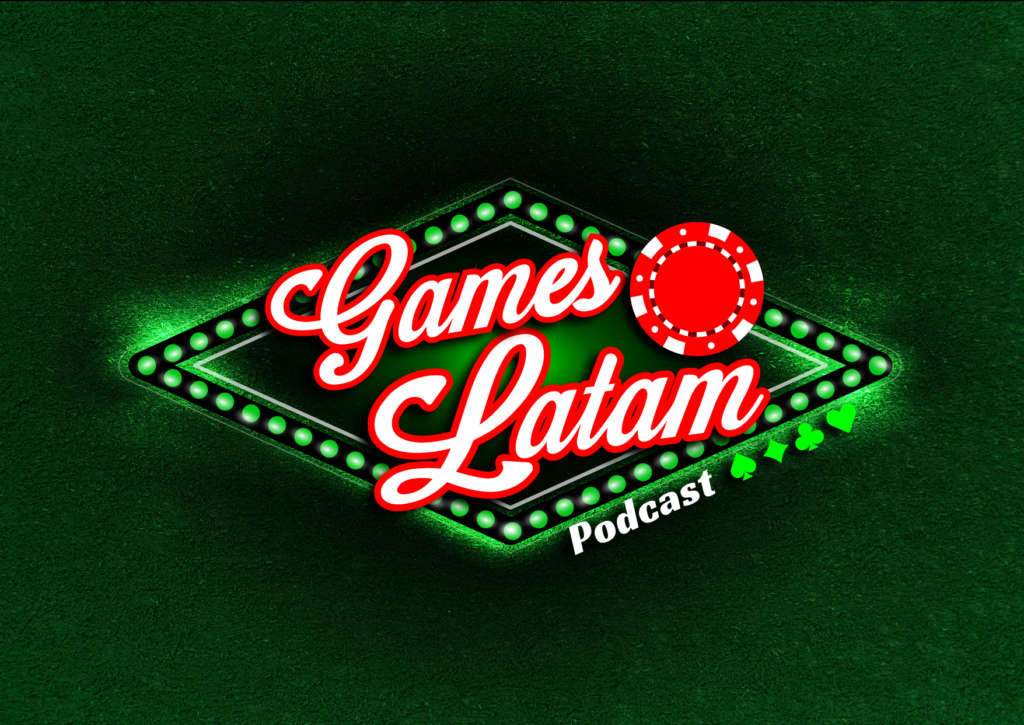Imagine an online betting world without borders, undermining local laws.
Brazil’s Supreme Court just ended that possibility by denying Loterj’s fight against geolocation mandates.
Now, a landmark ruling cements federal authority, reshaping the very foundation of state-run gambling in Brazil.
Read on to discover how this verdict impacts the new regulated market, from operator compliance to black market crackdowns.
Brazil Court Upholds Geo Limits: Loterj’s Sports Betting Appeal Denied
3 Key Points
- Supreme Court upholds federal jurisdiction, forcing Loterj to enforce strict geolocation in betting.
- Rio de Janeiro’s attempt to allow self-declaration of location was overturned, safeguarding state boundaries.
- New agencies, like GTI-Bets, support the SPA in dismantling illegal gambling through synergy and data-sharing.
The Federal Supreme Court of Brazil has denied the Rio de Janeiro State Lottery (Loterj) in its bid to bypass geolocation systems for sports betting platforms. In this decisive move, Minister André Mendonça reaffirmed the federal government’s power to enforce territorial limits in online wagering. Consequently, Loterj’s attempt to let users simply self-declare their location without using robust technology now stands invalid.
This legal showdown came from Loterj’s push to remove mandatory geolocation requirements. The organization argued that the law does not expressly require such systems, claiming full compliance with existing regulations. However, the Court found otherwise. It concluded that letting users self-certify location compromises “the integrity of territorial restrictions established by law” and fosters potential abuse. As a result, the Court ordered Loterj to re-establish geolocation controls within five days.
Minister Mendonça made it clear that, while technology might not appear explicitly in the law, it is “the only effective mechanism” to confirm a player’s genuine physical presence within a state. When Loterj replaced location tech with user-asserted statements, it essentially created a “fiction” of compliance. Mendonça’s ruling cements the notion that states can only operate lotteries within their own boundaries, preventing them from stretching into multi-state or national territories.
This ruling comes at a pivotal time for Brazil’s gambling scene. As of 1 January, the country introduced a newly regulated online betting framework under the Secretariat of Prizes and Bets (SPA). The Supreme Court’s stance underscores that federal oversight holds final authority on cross-border gambling operations. This verdict gives the nod to federal efforts to deter unregulated or non-compliant platforms, pushing legitimate operators to adapt robust verification systems.
Loterj’s defeat also highlights the government’s broader crackdown on illicit gambling. The SPA actively targets black market operators, leveraging measures like IP address blocking and Pix transaction restrictions to cripple illegal websites. Meanwhile, a newly formed GTI-Bets task force focuses on investigating tax compliance among licensed operators, identifying illegal activities (such as money laundering), and coordinating enforcement efforts.
In effect, Loterj’s fiasco provides a cautionary tale for state-run lotteries attempting to loosen rules. While states have some autonomy in offering gambling, they must still obey the overarching legal and territorial constraints set forth federally. In Minister Mendonça’s words, the absence of robust geolocation fosters “jurisdictional conflicts” and undermines the country’s constitutional framework for delivering public services. The Supreme Court’s stance therefore paves the way for a more uniform regulatory environment.
As the Brazilian betting market continues to expand, local operators realize they cannot disregard technical compliance. For one, geolocation is no longer an optional precaution but a mandatory condition to ensure only authorized users partake in gambling. Also, being on the right side of the law fosters trust among players and authorities alike. This trust, in turn, stabilizes the marketplace, discourages shady operators, and benefits genuine stakeholders.
By rejecting Loterj’s appeal, the Brazilian Supreme Court upholds the federal mandate to enforce geolocation, reinforcing territorial boundaries in online wagering. Though Loterj argued that user self-declaration was adequate, the Court emphasized that genuine oversight demands cutting-edge verification tools. Meanwhile, the country’s regulated gambling space continues to evolve, guided by agencies such as SPA and GTI-Bets. In the wake of this verdict, it’s clear that Brazil’s newly structured market will be anchored in compliance, advanced technology, and unwavering federal control.
The post Brazil’s Supreme Court Slams Loterj Appeal appeared first on Gamingo News.
Imagine an online betting world without borders, undermining local laws. Brazil’s Supreme Court just ended that possibility by denying Loterj’s fight against geolocation mandates. Now, a landmark ruling cements federal authority, reshaping the very foundation of state-run gambling in Brazil. Read on to discover how this verdict impacts the new regulated market, from operator compliance
The post Brazil’s Supreme Court Slams Loterj Appeal appeared first on Gamingo News.
Participe da IGI Expo 2026: https://igi-expo.com/










